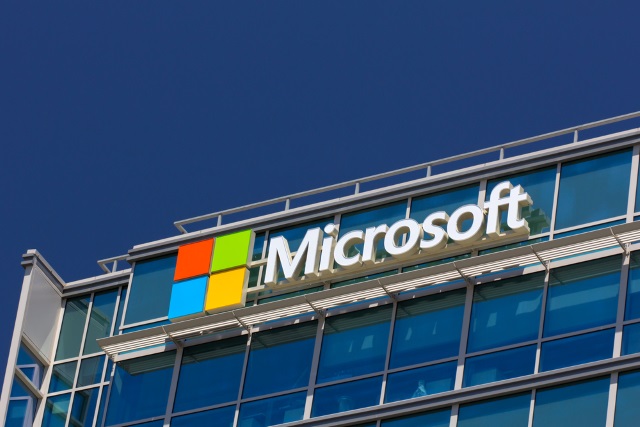
Chrome OS is great, but Microsoft doesn't need to worry... yet
Not long ago I wrote asking if we still needed Windows. It's an interesting question without a real answer. On the one hand, many folks don't need it, as a Chromebook will suffice for what they do -- checking email and browsing websites. On the other hand, some people do need Windows for the apps that can't be had on Google's platform.
In other words, there is no easy answer to the question I posed. One thing became clear though. Windows won't be going anywhere soon. It may only be needed by a certain percentage of people, many of whom are in a business of some sort, either for themselves or in the enterprise community.

Google can count many blessings this Thanksgiving
While I keep the list short this year, it wouldn't be U.S. Thanksgiving without my writing about gratitude, and why some tech company's executives, employees, and partners should prostrate and pray "Thanks".
Let's start off with Google, which continues a great run that started with Larry Page's return as CEO in April 2011. If he's not all smiles this Turkey Day, someone should slap that man aside the head. I could tick off a hundred things for which he should give thanks. For brevity's sake, so you can get back to the big game and bigger bird, I select some things that might not come to mind.
Google sets sights on Apple and Microsoft -- brings Adobe Photoshop to Chromebooks
Google is trying to grow its budding operating system platform, continually updating and enhancing features. Customers can now work in certain environments offline, for instance. But what lacked was some of the core features of rivals Windows and OS X. However, that slowly changes as well.
Photo editing, for instance, was one feature that, while not absent, certainly wasn't top of the line. Until now you had to rely on an app such as Pixlr, which many Chromebook customers use. But Google today announces that Photoshop is arriving, though not (at least yet) offline.
Chromebook is nothing without Android apps
Google geeks have speculated for nearly a year about Android and Chrome OS coming together as one operating system. Yesterday's announcement -- that some Android apps can now run on the browser-based platform -- seems to foreshadow a combined future. Make no mistake about what this really means. Chrome OS is an ecosystem with no future because there is little monetization of apps. The platform would be dead if not for the existing and smoothly integrated Google cloud ecosystem.
Android apps inject life into the Chrome OS ecosystem. Free apps can't sustain any platform because developers have no incentive to create them. Android opens a huge spigot of apps -- and some which developers can monetize, more than they do through paid services tacked onto free web apps. BTW, Microsoft should take a cue from Google, by bringing boatloads of Windows Phone apps to its PC operating system.
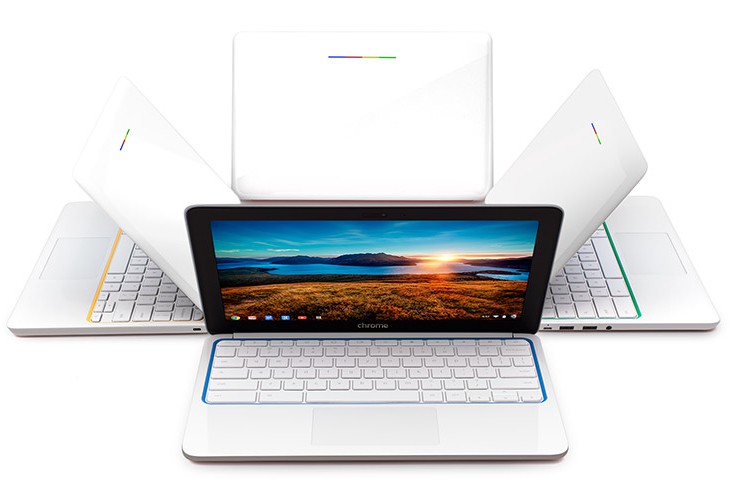
Goodbye Windows, I'm sticking with Chrome OS
Earlier this summer I wrote about moving to a Chromebook -- I'm working from my porch and I want something easily portable. I stated at the time that I was not sure where things would lead when the weather took a turn for the cooler. In previous years I've used a Windows 8.x (or 7) computer, as my office contains two desktops and a laptop running the Microsoft operating system as well.
Don't get me wrong -- I still see a need for the platform, but I simply don't see it for myself. I write in Word, which has a Chrome app. I edit images, which Pixlr handles quite well. Beyond that, I do little else outside of checking email and scouring the web for news.

Google, Nvidia and VMware team up to bring graphics-intensive apps to Chromebooks
VMware, Google and Nvidia are all teaming up in a scheme which will allow high-end graphics intensive applications to be used on a lowly Chromebook.
How will that work? Obviously a Chromebook doesn't have the horsepower to run heavyweight programs such as, say, Photoshop or AutoCAD, but the laptop won't be running it in this case. The software will run in the cloud, on powerful machines in data centers, and be streamed to the notebook.
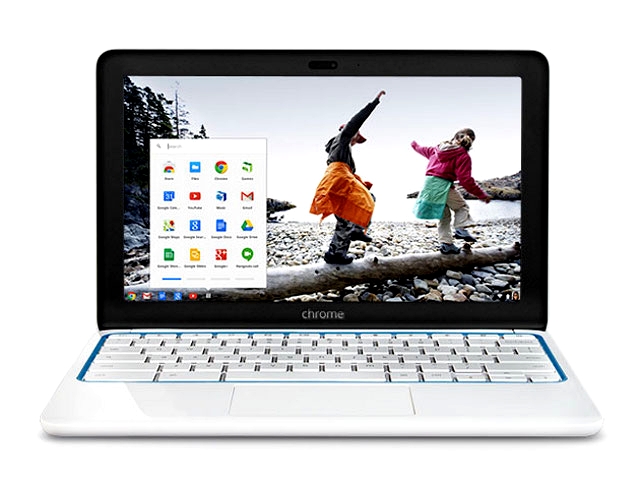
Chromebook on the rise, with sales set to triple by 2017
Google's Chromebook is on the up and up, according to the latest report published by analyst firm Gartner.
This year, Gartner estimates that total Chromebook sales will hit 5.2 million, which is up 79 percent from 2013. Looking further out to 2017, the number of units sold should reach 14.4 million, in other words we're looking at a near tripling of sales inside three years. Which has to be music to Google's ears...
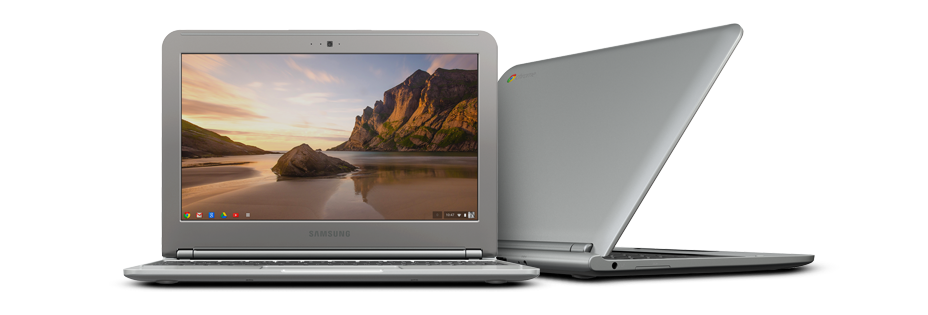
Chromebooks going back to school in new ad
Google is making an ever increasing amount of inroads with the education sector. Chromebooks have been finding new homes in many schools over the past year, with institutions either purchasing the devices for students or requiring them to attend with one.
Google is not above taking advantage of this momentum by using it in new advertising, and is doing exactly that with a new video that seems made for TV.
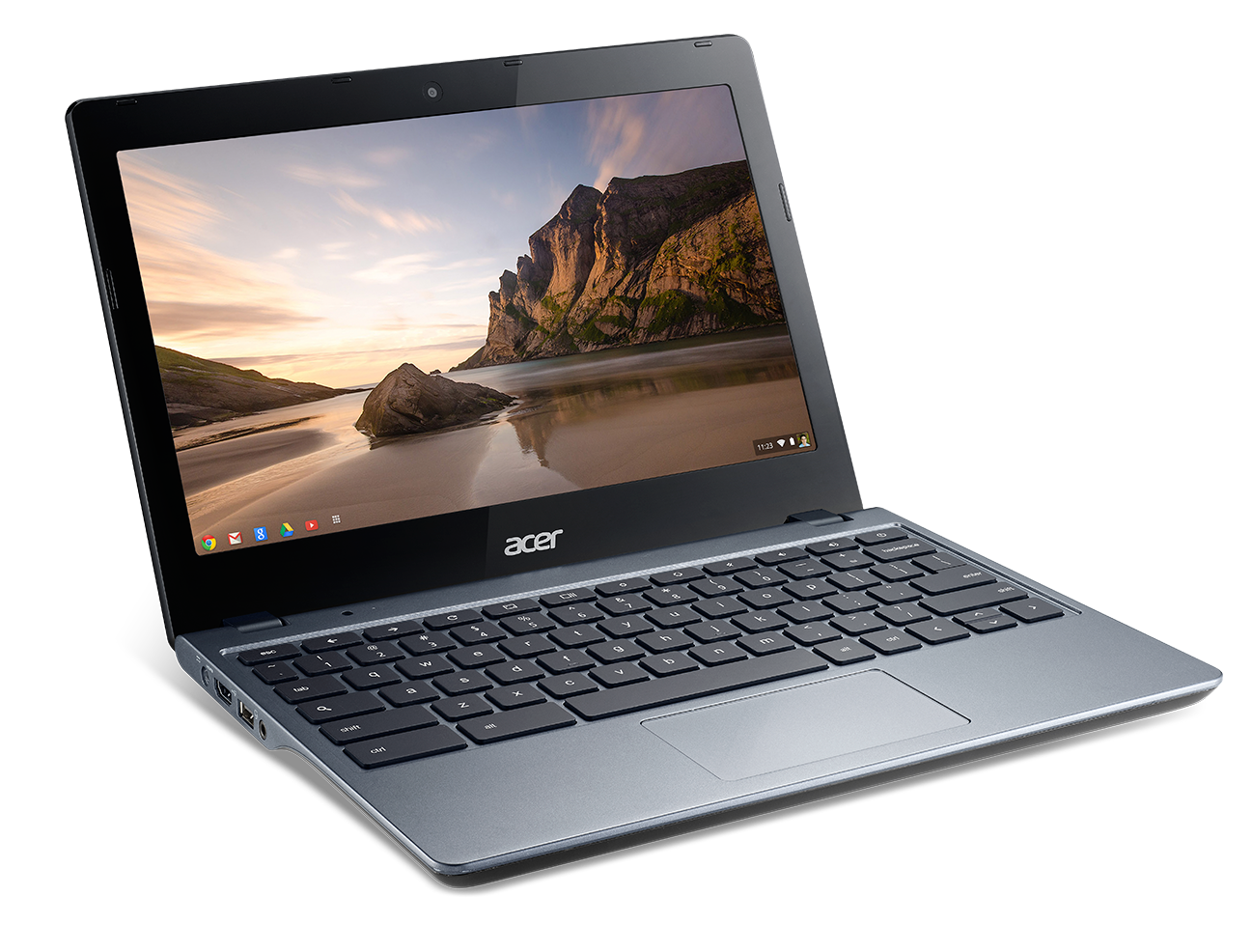
Chromebook shipments continue to rise, Acer leads the way
Google's Chromebooks have been making inroads as of late. Many schools have been adopting the platform, and there have even been stories of businesses moving over after the death of Windows XP. The latest numbers released show that this trend is continuing.
TrendForce reveals that shipments of Chrome OS devices have risen to 1.8 million in the second quarter of 2014, with Acer leading the way, ahead of all other OEMs.

Chromebook kicks OS X and Windows out of school
Get ready for another rash of "Year of the Chromebook" stories. It isn't, but tongues will wag. Today, NPD released new data about U.S. commercial computer sales which, like the last set, is sure to be misquoted. Spurred by educational buying, Chromebooks accounted for 40 percent of U.S. commercial channel notebook sales for the three weeks ended June 7. But some nitwits are sure to claim all sales, as they did following December's data drop. Commercial sales are more limited and represent those to businesses, educational institutions, governments, and other organizations.
That's not to diminish Chromebook's success, considering the category is but three years old and supplants OS X and Windows sales in the coveted education market. Users gotten young often stay with a platform for life. The browser-based computers aren't singular entities, either. Android and stand-alone Chrome platforms benefit, too, from halo sales going both ways.
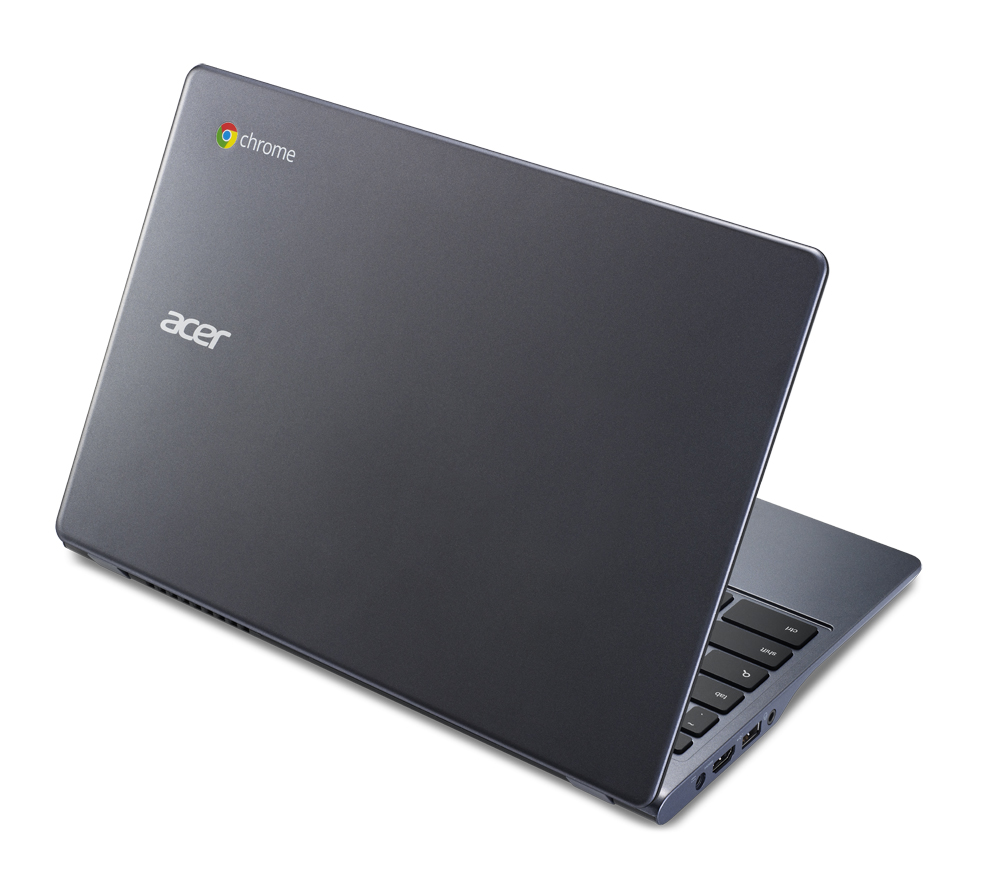
Acer releases new C720 Chromebooks -- first-ever to have Intel Core i3 inside
Chrome OS is an awesome, albeit limited, Linux-based operating system. It is a pleasure to use for most things, including writing, but it is hard to use exclusively. Just recently, I needed a Windows machine to achieve root access on an Android tablet -- a Chromebook proved useless for this task (Surface Pro 3 saved the day).
My biggest complaint however, is not about the software, but the hardware. For some reason, manufacturers largely produce junk Chromebooks with ugly screens and 2GB of RAM. Believe it or not, there is a market for mid-range computers running Google's OS. Not everyone is just looking to Chromebooks as a way to save a buck. Today, Acer releases the world's first Core i3 Chromebook, featuring 4GB of RAM as an option. This may be the Chromebook we've been waiting for!
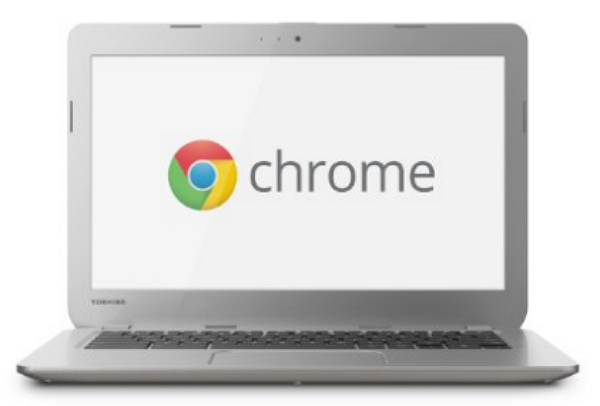
Google brings the marriage of Chrome OS and Android closer
Ever since Google released its two operating systems -- the one for computers and the one for phones and tablets -- users have talked of a merger of the two. So far that hasn't happened, and at Google I/O today it still didn't. But things got a bit cozier.
The company unveiled closer integration between the two platforms, bringing phone notifications to your computer. Is your phone ringing? Your Chromebook will popup a notice telling you who it is. Got a text message? That too will appear on your notebook. In fact, Chromebooks will even notify you of low battery life on your mobile device, letting you know it's time to charge it.
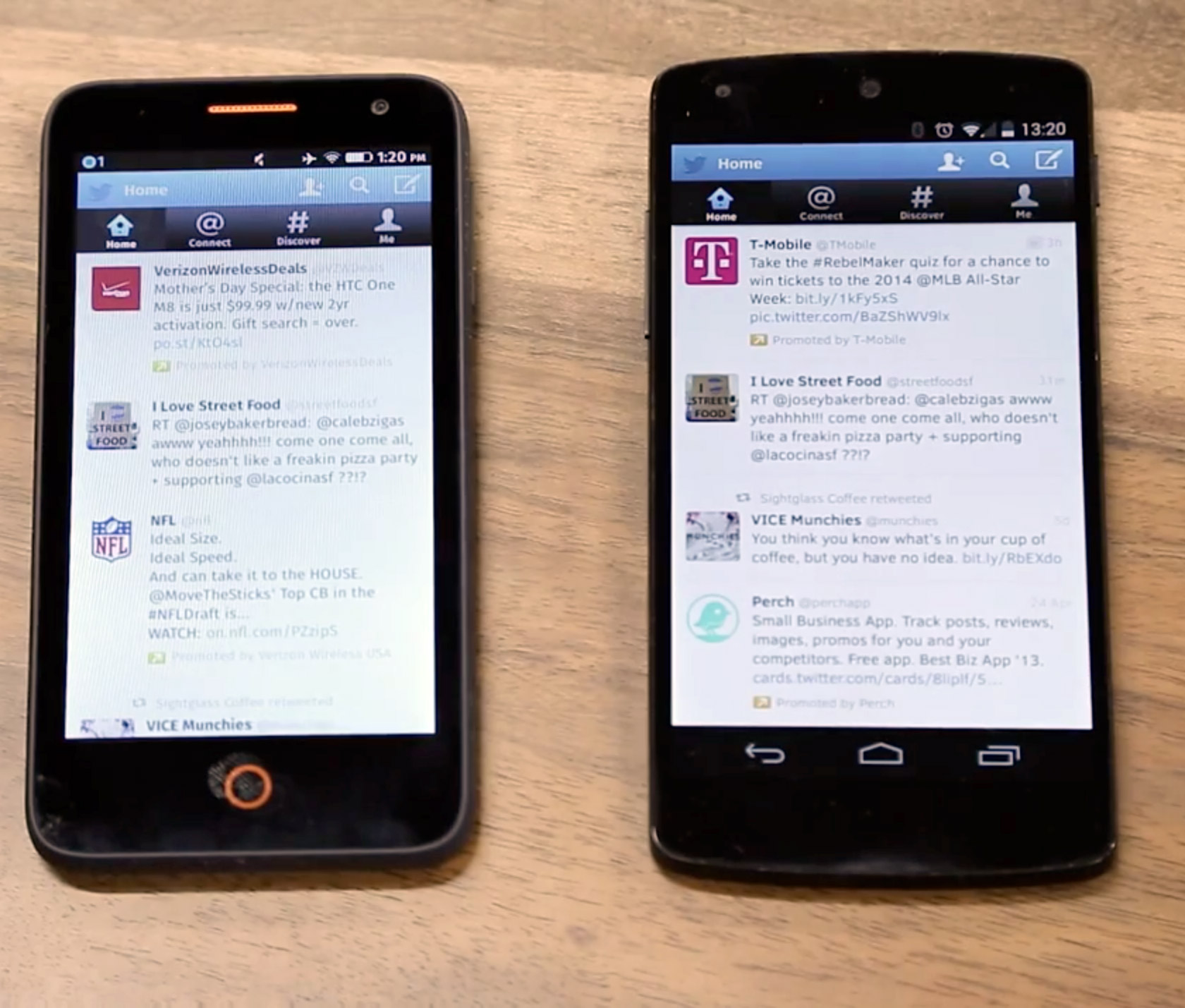
Android gets ability to run Firefox OS apps -- do you care?
Google's vision of a web app utopia is made quite clear by Chrome OS. This concept is gaining traction with consumers too, as Chromebooks become more popular every day. However, the web app concept works best when it is open and not tied to a specific operating system. In other words, a consumer should be able to run any web app on any modern device.
Sadly, Google has not been as open as it should be and some web apps will only work well in Chrome. But what if you do not like Chrome? What if you don't like Google? Firefox is here to help. Mozilla announces that it will empower Android users to run Firefox OS apps on their device by utilizing the Firefox browser.

Google launches Chromebooks in nine more nations
Last week I mentioned that I've been working from a Chromebook recently, in this case an HP 11. However, folks in other nations are not all so fortunate, as the platform is not yet available everywhere. That's something that Google would like to change, for both the benefit of itself and consumers.
Today nine more regions were checked off the list with a poetic announcement from Google's David Shapiro, who is director of Chromebook marketing.
My two years with Chromebook
Colleague Alan Buckingham is on a summer sojourn using HP Chromebook 11. I took similar journey during August and September 2011, but the Samsung Series 3 Chromebook -- much as I liked the overall user experience -- couldn't satisfy my needs. In May 2012, with Samsung Chromebook Series 5 550's release, all changed. I started down a permanent path, looking back once for a few weeks. I am a Chromebook convert and eagerly watch to see where Alan will be when the summer sun fades to autumn colors.
"Can I use Chromebook as my primary PC?" It's a question I see often across the Interwebs. The answer is different: You can use Chromebook as your only computer. The only PCs in my home are Chromebooks. There are no Macs or Windows machines doing double duty. Chromebook is more than good enough. Most people will be surprised just how satisfying Chromebook can be -- and how affordable. For 96 cents more than the cost of one entry-level MacBook Air, you can buy from Amazon four HP Chromebook 11s -- the model Alan uses now. User benefits are surprisingly similar.
